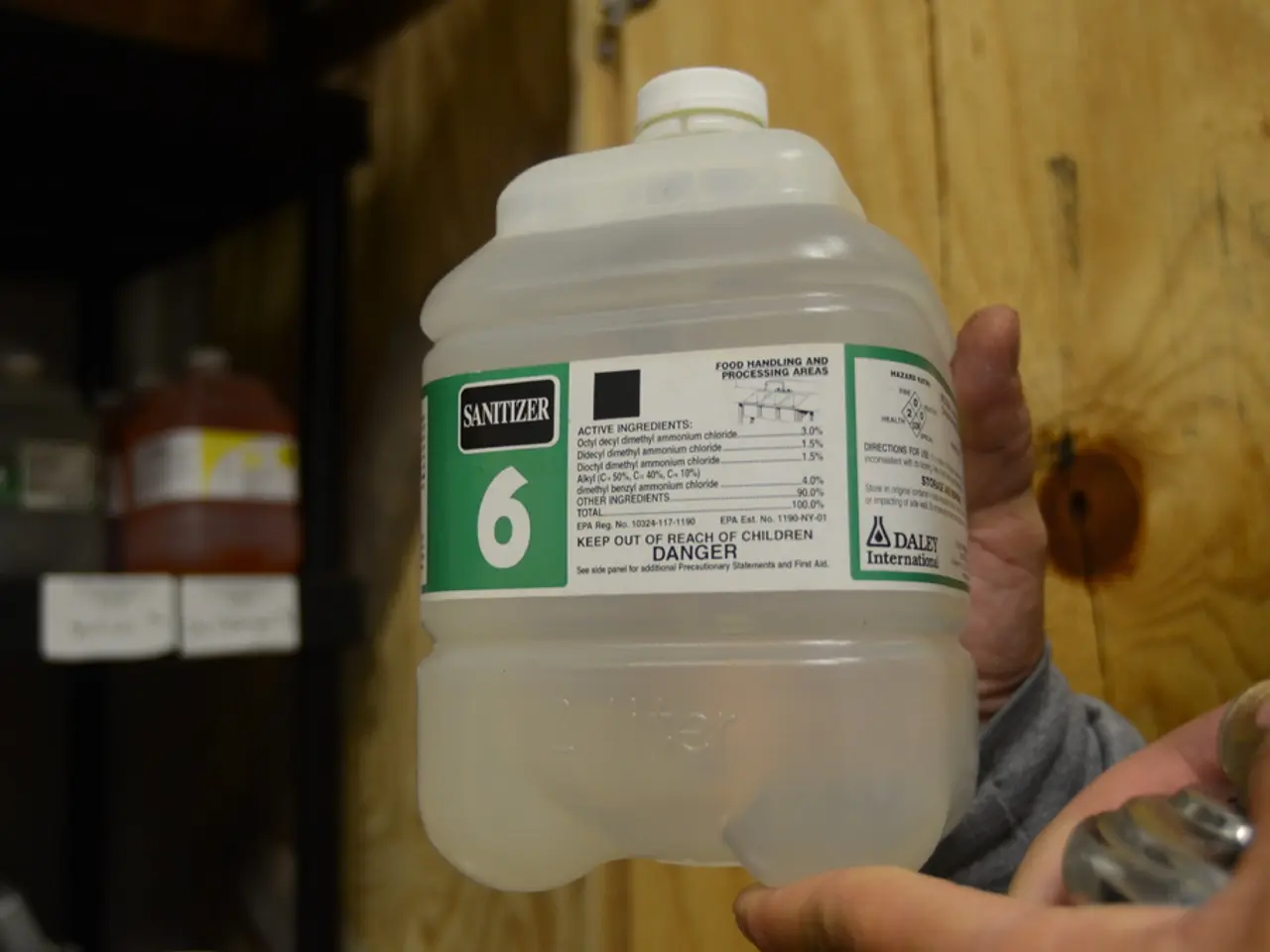Anxiety's potential link to elevated blood pressure explained.
In a world where stress and anxiety are becoming increasingly common, it's essential to understand their potential impact on our health. A growing body of evidence suggests that **long-term effects of anxiety-induced hormone changes can contribute to the development of hypertension**.
Chronic anxiety and stress cause the body to release stress hormones such as adrenaline and cortisol, which are key players in the "fight-or-flight" response. These hormones elevate heart rate and cause blood vessels to constrict, leading to increased blood pressure. Over weeks or months, this persistent response can strain the cardiovascular system and result in sustained high blood pressure, or hypertension.
Adrenaline increases heart rate and the force of heart contractions, temporarily raising blood pressure. Cortisol, on the other hand, raises blood sugar and alters metabolism to fuel the brain during stress but also promotes weight gain and vascular tension, which are risk factors for hypertension. Chronic high levels of these hormones keep the nervous system in a heightened state, causing blood vessels to become stiffer and narrower, forcing the heart to work harder to pump blood.
This prolonged hormonal imbalance often leads to lifestyle changes (poor diet, smoking, alcohol use) that further increase hypertension risk. Additionally, anxiety-induced sleep problems and ongoing stress exacerbate these effects.
Managing stress and anxiety is thus important in reducing long-term hypertension risk. Hypertension and anxiety are highly treatable conditions. A doctor can diagnose the underlying cause of anxiety symptoms and prescribe necessary treatments, which may include cognitive behavioral therapy (CBT) or medications such as serotonin and noradrenaline reuptake inhibitors (SNRIs), buspirone, or benzodiazepines.
For those with hypertension, treatments may include diuretics, angiotensin converting enzyme (ACE) inhibitors, angiotensin II receptor blockers (ARBs), or calcium channel blockers. These medications help regulate blood pressure by removing excess water and sodium from the body, preventing blood vessels from narrowing, or allowing blood vessels to relax.
Lifestyle changes can also help lower blood pressure. A person can make changes such as avoiding or limiting alcohol, reducing salt intake, eating a heart-healthy diet, exercising regularly, quitting smoking, maintaining a moderate weight, managing stress, getting good-quality sleep, and avoiding or limiting caffeine.
In conclusion, understanding the link between anxiety and high blood pressure is crucial in managing these conditions. By recognising the signs and seeking help as early as possible, individuals can improve their outcomes, reduce the risk of complications, and maintain a healthier, stress-free life. If you suspect you have anxiety, hypertension, or both, it's important to see a doctor for diagnosis and treatment.
- Chronic anxiety and stress can lead to the release of hormones such as adrenaline and cortisol, which contribute to the development of hypertension through their effects on blood vessels and heart rate.
- Persistent high levels of stress hormones can cause blood vessels to become stiffer and narrower, forcing the heart to work harder and potentially increasing the risk of hypertension.
- Managing anxiety, through treatments like cognitive behavioral therapy (CBT) or medications, can help reduce long-term hypertension risk by alleviating the constant presence of stress hormones in the body.
- In addition to medical treatments, lifestyle changes such as a heart-healthy diet, regular exercise, and stress management can help lower blood pressure and prevent or manage hypertension.




